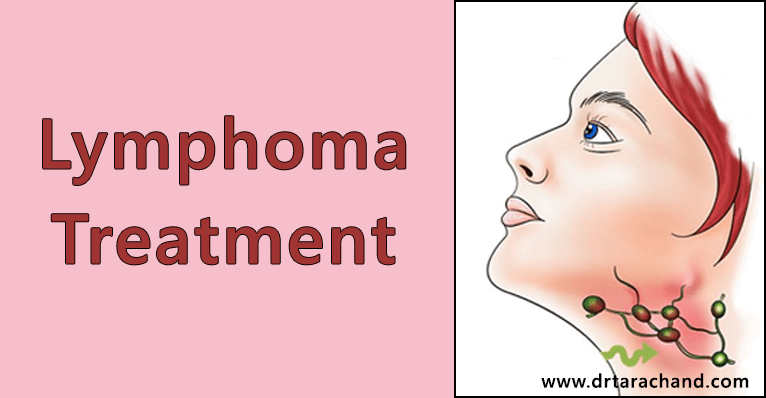Published on January 11, 2026
4 min read
Chemo Treatment for Lymphoma: What You Need to Know
Lymphoma is a type of cancer that affects the lymphatic system, which is part of the immune system.
Chemotherapy (chemo) is a common and effective treatment for lymphoma, helping to destroy cancerous cells and prevent their spread.
Understanding how chemotherapy works, the different types of chemo used, and what to expect during treatment can help patients and their families prepare for the journey ahead.
This guide covers essential information about chemotherapy for lymphoma.
How Chemotherapy Works

Chemotherapy uses powerful drugs to kill fast-growing cancer cells.
These drugs circulate throughout the body via the bloodstream, making chemotherapy effective for both Hodgkin’s and non-Hodgkin’s lymphoma.
Types of Chemotherapy for Lymphoma
Standard Chemotherapy
- Most common approach, using a combination of drugs.
- Administered in cycles to allow the body time to recover.
High-Dose Chemotherapy
- Used for aggressive or relapsed lymphoma.
- Often followed by a stem cell transplant to restore healthy blood cells.
Targeted Therapy with Chemotherapy
- Combines chemotherapy with drugs that specifically target lymphoma cells.
- Reduces damage to normal cells compared to standard chemotherapy.
Common Chemotherapy Regimens
ABVD (for Hodgkin’s Lymphoma)
- Includes Adriamycin, Bleomycin, Vinblastine, and Dacarbazine.
- Usually given in 4-6 cycles over several months.
R-CHOP (for Non-Hodgkin’s Lymphoma)
- Includes Rituximab, Cyclophosphamide, Doxorubicin, Vincristine, and Prednisone.
- Used for aggressive B-cell lymphomas.
ICE & DHAP (for Relapsed Lymphoma)
- Second-line treatments for lymphoma that returns after initial therapy.
- Often used before stem cell transplants.
Side Effects of Chemotherapy
Common Side Effects
- Fatigue and weakness.
- Nausea, vomiting, and loss of appetite.
- Hair loss and skin changes.
Immune System Effects
- Increased risk of infections due to low white blood cell count.
- Frequent monitoring and possible use of growth factors to boost immunity.
Long-Term Side Effects
- Possible heart or lung damage (depending on drugs used).
- Risk of secondary cancers in rare cases.
Managing Chemotherapy Side Effects
Medications & Supportive Care
- Anti-nausea drugs to help with digestive issues.
- Blood transfusions or growth factors if needed.
Lifestyle Adjustments
- Eating a balanced diet and staying hydrated.
- Getting plenty of rest and gentle exercise.
